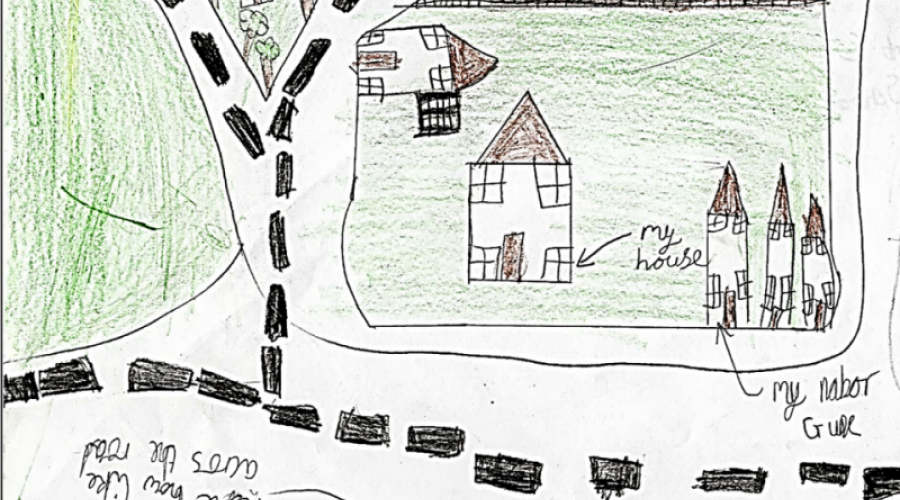Sustainability and climate change have come to the fore in recent months. Not only has there been a spate of devastating climate change disasters over the last year (including unprecedented heatwaves in Canada and Pakistan, terrible floods in north west Germany) but the COPT 26 conference in Glasgow has brought together world leaders as never before to discuss measures to mitigate and eventually reverse current trends. Whilst technological solutions and environmental targets have grabbed the headlines, a range of educational initiatives has also been launched. Whether these herald a fundamental shift in policy remains to be seen but these are certainly promising developments.
The draft strategy on Climate Change of Sustainability Education, released by UK Secretary of State for Education Nadhim Zahawi to co-incide with the Glasgow conference, is a key document and it has high ambitions. It begins by declaring that ‘education is critical to fighting climate change’ and concludes with the aspiration that ‘the United Kingdom will become the world-leading education sector in sustainability and climate change by 2030’.
There is also a new bill which is currently being debated in parliament that seeks to include sustainability as one of the aims of the National Curriculum. If, as the bill outlines, the curriculum should seek ‘to instil an ethos and ability to care for oneself, others and the natural environment, for present and future generations’ then schools will need to adjust their teaching programmes in order to comply. This opens the door to a range of reforms which could bring the humanities back into the limelight.
Climate change and sustainability education is sometimes seen as the province of a few selected subjects, most notably science and geography. Such thinking may address immediate issues but it does little to explain why they arose in the first place. Recognising that the environmental crisis has been created by people and will be solved by people changes the focus. Global inequalities have deep historical roots. How we think of ourselves and the priorities which we attribute to different activities and behaviours is crucial to our response today.
At the heart of the sustainability debate is a very simple but fundamental question: what is it that we are seeking to sustain? The answer to this cannot come from natural science alone which uses empirical evidence to reach verifiable conclusions. It is also vested in the humanities where questions of purpose and meaning are explored in depth through the lens of long-established disciplines. Examining the ideas which permeate and underpin our society and culture is a necessary part of understanding the problems that we face. Faith communities in particular have deep experience of considering fundamental questions about human life and a have a key contribution to make.
There are lots of eloquent ways to frame the challenges that lie ahead. It has been pointed out, for example, that we will not care for that we do not love. We have been reminded by others that hope is an essential element of the human psyche - without a vision the people perish. And the importance of stories is affirmed in the aphorism ‘change the story and you change the nation’. It would be impossible to engage with such ideas without drawing on a humanities perspective. It has long been recognised that breadth and balance is essential to education. Addressing these issues with children of a young age has never been more important than it is now.
Stephen Scoffham
The image above is reproduced with permission from Meaningful Maps. It is by Libby : Age: 9 who writes:
‘I think these places are special because friends live by me and I’ve there for three to four years so I feel like I am part of it.’
